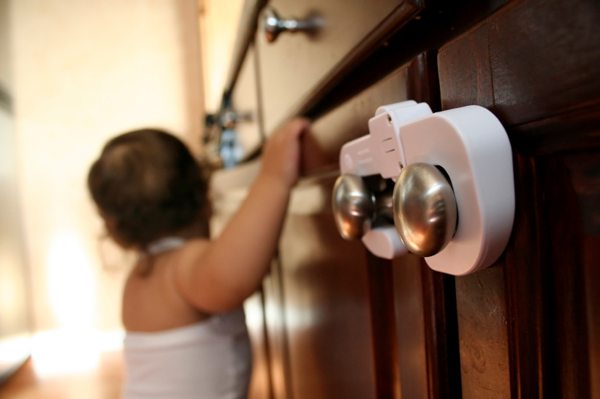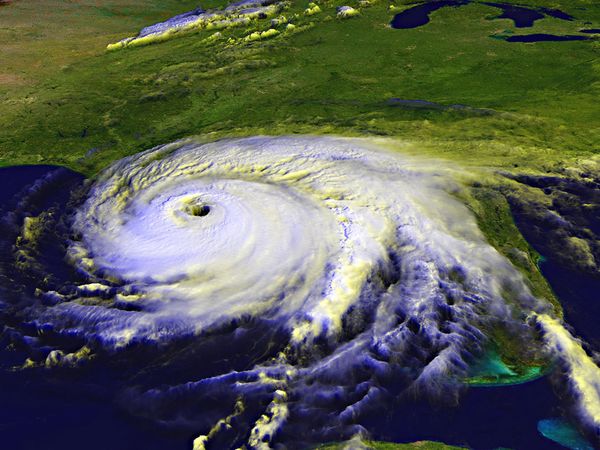When you’re first starting to look for a new rental home, you’ll most likely be viewing all kinds of properties and talking to tons of different landlords; once you’ve found the right home, you’ll start the process of applying to rent the home. Rental applications are pretty easy to fill out, but that doesn’t mean you should take them lightly!
Basically, rental applications are what landlords require possible tenants to complete to see whether or not the property is a good fit for them. What does this mean for you? As far as the information you’ll have to provide, your possible landlord will need basic information from you, as well as a few more specific things. You’ll have to give your contact information (how else will they tell you that you’re approved?!), information about your current and/or previous place of residence, proof of employment, proof of income, and maybe a recommendation or a personal reference number, among other things. Aside from the proof of employment and proof of income, a lease application isn’t too different from a job application. Your landlord requires those other pieces of information in order to be able to determine whether or not you’ll be able to pay for the property, and whether or not you have a history of being a good (or bad) tenant. As far as the other things that you may be asked on the application, be prepared to disclose the balance of your bank account, and your social security (to perform credit checks). Again, these are required so that your possible landlord can guarantee that you’ll be able to pay your rent.


 signing a lease with can give you crucial information that you wouldn’t otherwise know. Sites like Google Reviews and Yelp have comments and reviews from people that have lived in that place, or dealt with that property management company. You have to consider that if someone took the time to write a review, they probably feel very strongly about what they wrote. The property management company you’re about to sign a lease with may have horrible reviews because of their lack of care for residents; this is something you wouldn’t know just by talking to someone at the lease office. Don’t rush your search and sign with the first property you see just because it’s a great price, or nicely maintained. Sometimes these things mask the reality of the property and by the time you realize it, it’ll be too late.
signing a lease with can give you crucial information that you wouldn’t otherwise know. Sites like Google Reviews and Yelp have comments and reviews from people that have lived in that place, or dealt with that property management company. You have to consider that if someone took the time to write a review, they probably feel very strongly about what they wrote. The property management company you’re about to sign a lease with may have horrible reviews because of their lack of care for residents; this is something you wouldn’t know just by talking to someone at the lease office. Don’t rush your search and sign with the first property you see just because it’s a great price, or nicely maintained. Sometimes these things mask the reality of the property and by the time you realize it, it’ll be too late. Considering all the properties available for rent everywhere, you may need to negotiate and charge your lessee lower rent than what you originally pay as an incentive to sublease your place. Would you want to be paying the exact same amount to sublease a home as you would to just rent it yourself? Probably not, and neither will your lessee. Though it kinda sucks, the difference is a small price to pay in case where you need to move out of your property. Subleasing is a great option if you plan on leaving your town for a few months and don’t want to pay rent for an empty apartment. It also works if you need to leave your property but your lease isn’t ending and you can’t terminate it.
Considering all the properties available for rent everywhere, you may need to negotiate and charge your lessee lower rent than what you originally pay as an incentive to sublease your place. Would you want to be paying the exact same amount to sublease a home as you would to just rent it yourself? Probably not, and neither will your lessee. Though it kinda sucks, the difference is a small price to pay in case where you need to move out of your property. Subleasing is a great option if you plan on leaving your town for a few months and don’t want to pay rent for an empty apartment. It also works if you need to leave your property but your lease isn’t ending and you can’t terminate it.

 was damaged and needed fixing, you’ll get the sum of your deposit back. But if you move out and left something broken and needing repair, it’ll be deducted from your deposit; as the saying goes: you break it, you buy it!
was damaged and needed fixing, you’ll get the sum of your deposit back. But if you move out and left something broken and needing repair, it’ll be deducted from your deposit; as the saying goes: you break it, you buy it! The internet! This is probably the most obvious place to look for a rental home, but you still have to keep some things in mind. If you know the specific area you want to live in, you can look into websites that offer rentals in only certain places. For instance, if you want a
The internet! This is probably the most obvious place to look for a rental home, but you still have to keep some things in mind. If you know the specific area you want to live in, you can look into websites that offer rentals in only certain places. For instance, if you want a  s also an awesome time to add flowers to your garden, but instead of your typical floral choices…spice it up. Tropical flowers are bright and beautiful, automatically livening up even the dullest gardens. Pick some colors that you like and go well together, maybe oranges and yellow, and make yourself a nice arrangement.
s also an awesome time to add flowers to your garden, but instead of your typical floral choices…spice it up. Tropical flowers are bright and beautiful, automatically livening up even the dullest gardens. Pick some colors that you like and go well together, maybe oranges and yellow, and make yourself a nice arrangement.